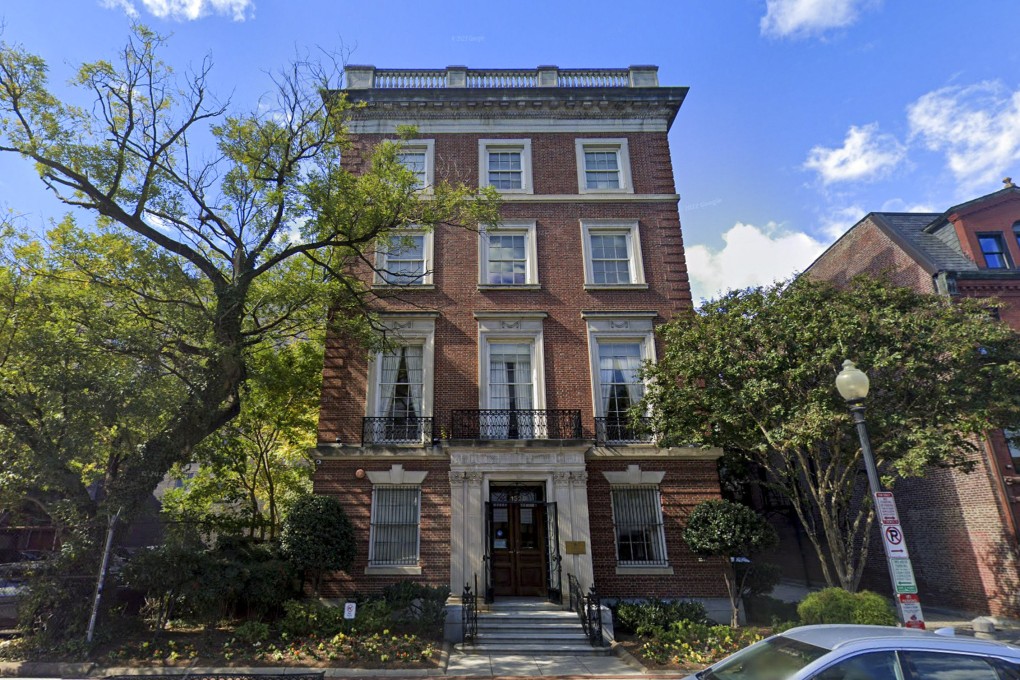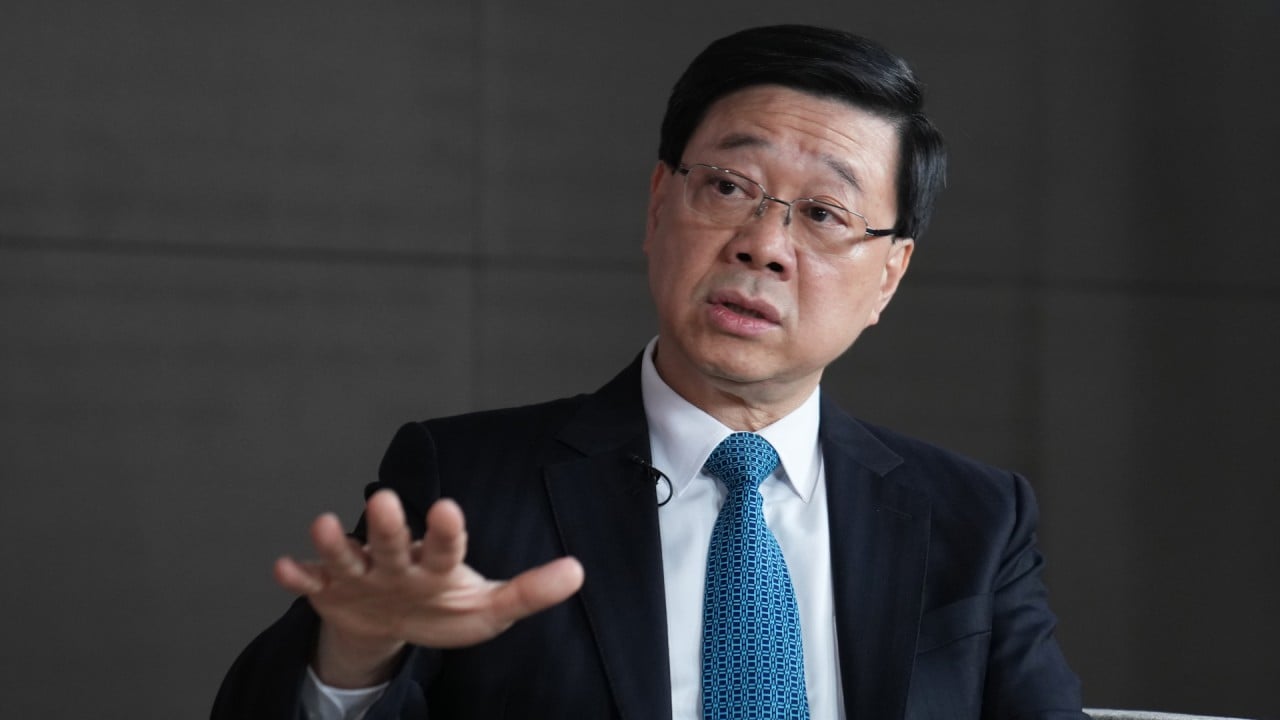Editorial | While one door looks to be closing, another opens for Hong Kong
US threatening to shut city’s trade offices, but Southeast Asian nations ready to embrace our free markets, low taxes, mainland connectivity

In recent years, Hong Kong has faced more than its share of unwelcome news from the West, the latest being US lawmakers pushing punitive legislation that could lead to the closure of the city’s three trade offices in America. It is prudent, even essential, therefore, that city leaders look elsewhere for opportunities to enhance trade and commerce. As such, it was welcome to hear Hong Kong is actively pushing to deepen its ties to Southeast Asia, is striving to enter the world’s largest free-trade pact, and is poised to open a new trade office in Malaysia.
At the Post’s Hong Kong-Asean Summit on Friday, Chief Executive John Lee Ka-chiu vowed to do “everything” possible to expand cooperation with and investment in the 10-member Asean bloc, a “burgeoning region of growth”. He added that the city’s fourth Economic and Trade Office in Southeast Asia could open soon in Kuala Lumpur, adding to outposts in Singapore, Bangkok and Jakarta.
Lee rightly stressed the benefits Hong Kong could bring to the Regional Comprehensive Economic Partnership (RCEP) as a member – the grouping already includes Asean members. “The Greater Bay Area possesses enormous development potential for a world of investors to grasp, and Hong Kong is eager to help our friends from Asean in capitalising on that potential,” Lee told the summit, referring to Beijing’s plan grouping Hong Kong, Macau and nine southern mainland China cities into an economic powerhouse.
The city also played a pivotal role in the national Belt and Road Initiative, linking China to economies across Asia, Europe, Africa and South America, he said. Hong Kong has long served as a gateway to and from the mainland, with its connectivity, common law courts, regional financial centre with sophisticated markets and simple, low taxes.
The intense rivalry between Washington and Beijing has forced companies and countries to navigate choppy geopolitical waters. Tengku Zafrul Aziz, Malaysia’s trade minister, told the summit Asean could serve as a “neutral, peace-loving partner” in a world where reorganising supply chains was “geopolitically motivated” and called for greater collaboration both with and within Asean. He also praised Hong Kong’s deep capital markets as a place where Asean countries and companies could raise funds and revealed talks were under way to upgrade Asean-China business relations, which would be to the city’s benefit.
It was a breath of fresh air that, despite South China Sea strains, the head of the Philippines’ first sovereign wealth fund expressed interest in China and Hong Kong collaboration. Given the geopolitical realities, it is sensible to strengthen trade partnerships to the benefit of all. While bluster reigns in some Western capitals, it is good to see pragmatism at work as barriers are broken down and not built up.

